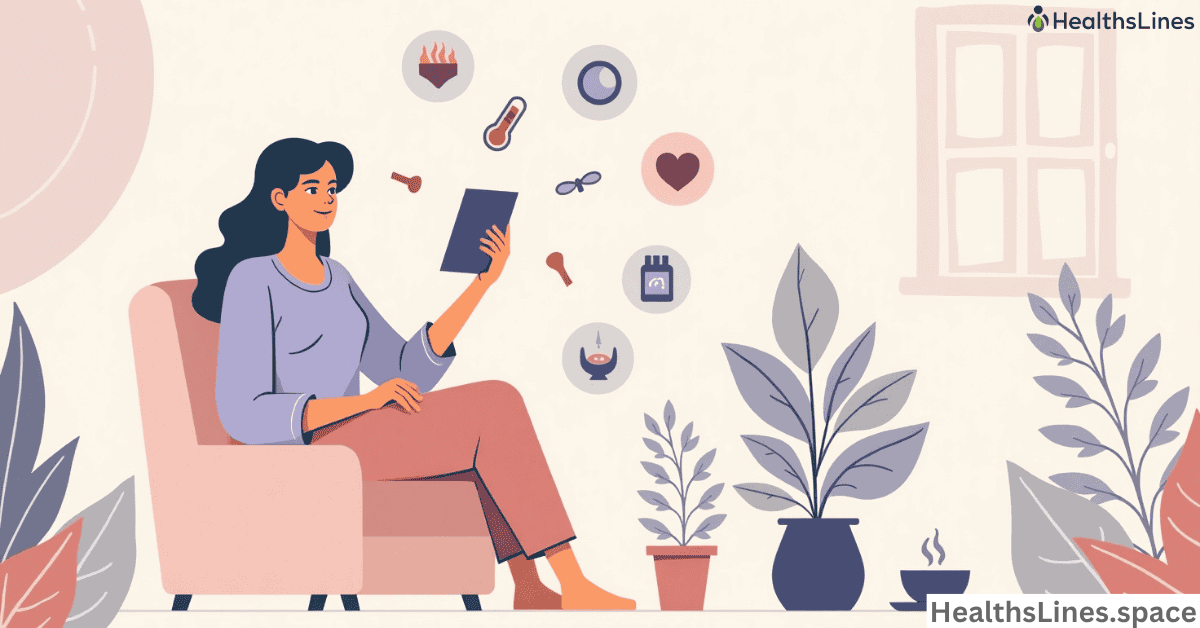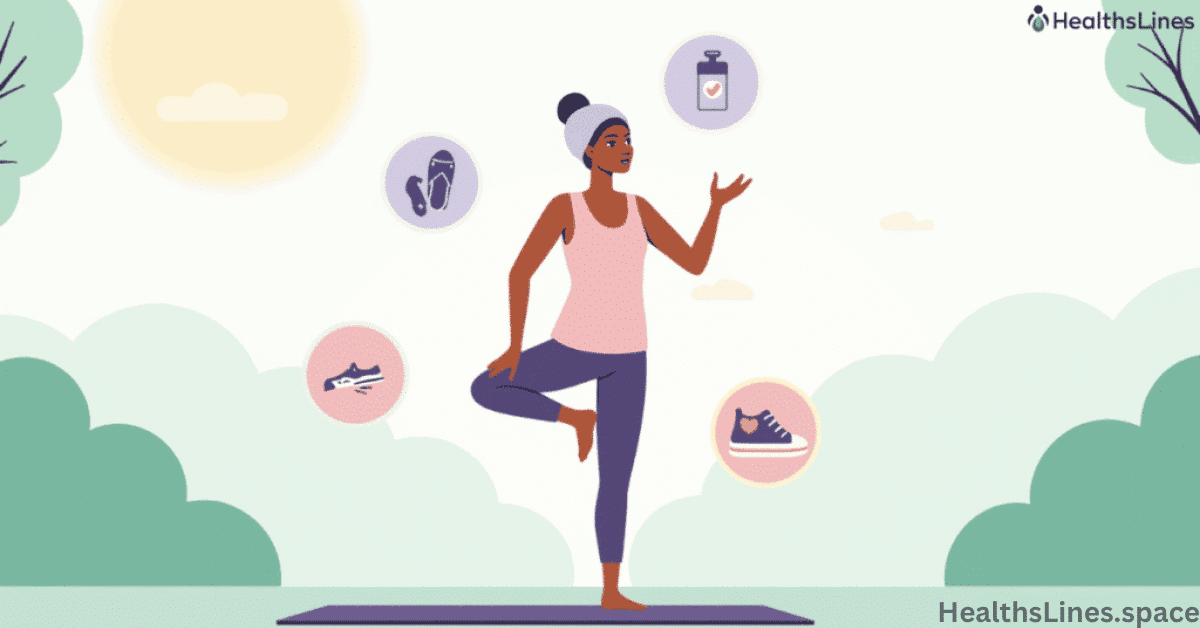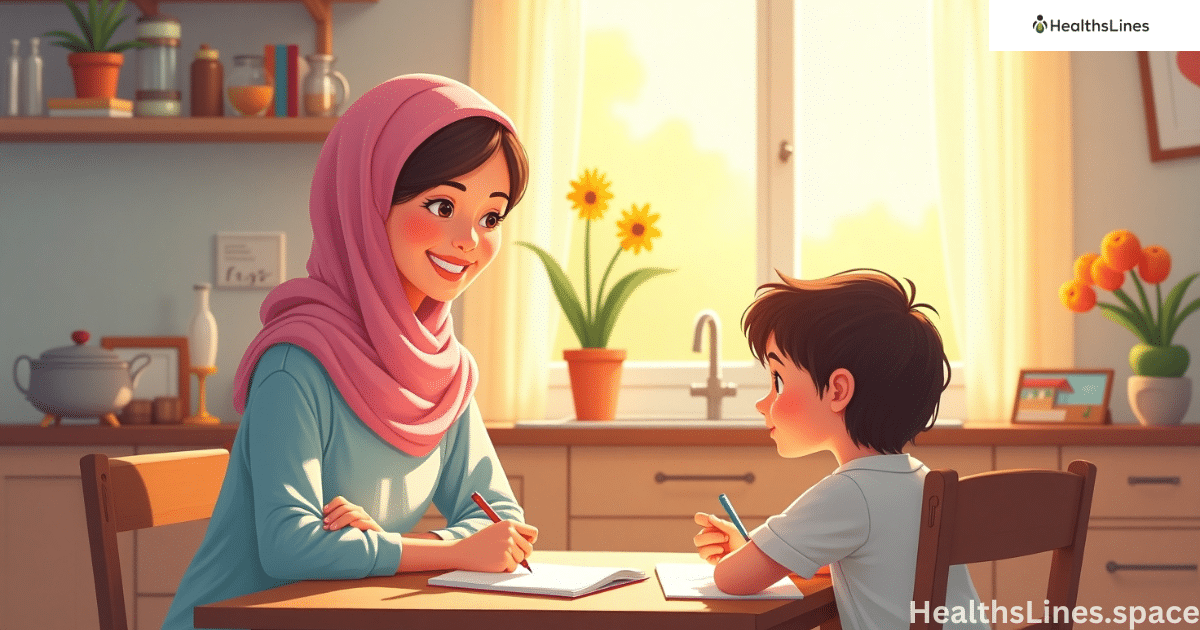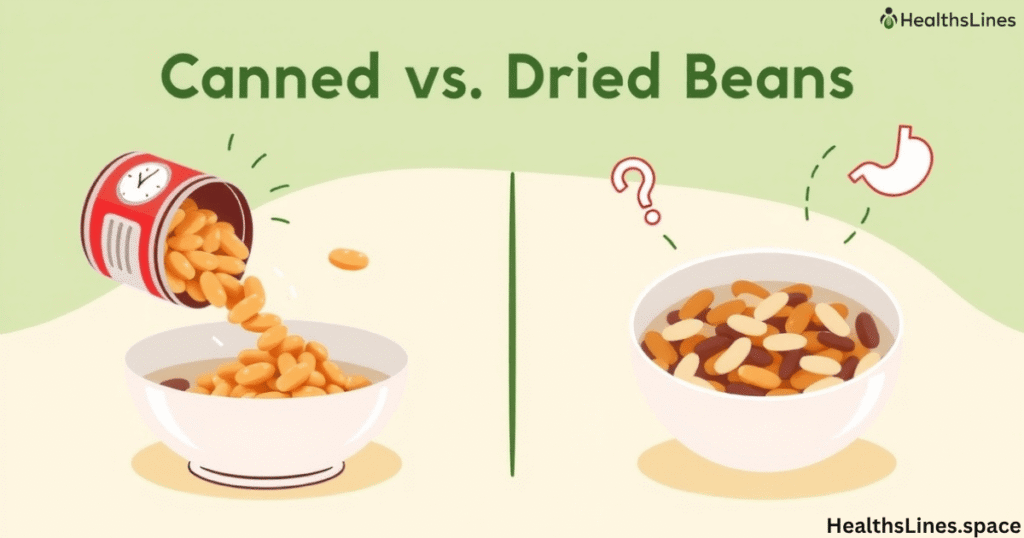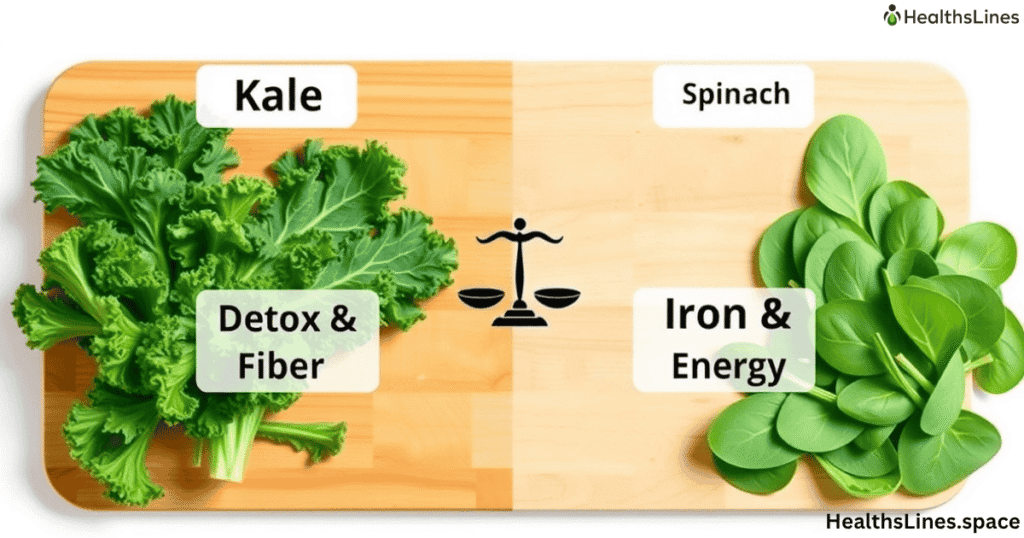Going through menopause and breast cancer at the same time can feel like too much for anyone to handle. For many women, menopause starts early due to cancer treatments like chemotherapy or hormone-blocking medications. This is known as induced menopause. Unlike natural menopause, symptoms can be stronger and show up suddenly. Night sweats, hot flashes, and mood swings may arrive all at once. You may also face emotional stress, fatigue, or changes in your relationships. But you’re not alone, and there are ways to feel better.
In this article, you’ll find real, useful ways to manage breast cancer menopause symptoms. We’ll talk about treatments that don’t involve hormones, how to deal with vaginal dryness, sleep issues, mood changes, and more. Each section offers trusted advice based on science, real experiences, and support from experts. You can take back control of your body and feel more like yourself again.
How Cancer Treatment Triggers Menopause
Cancer treatments like chemotherapy, radiation, and hormone therapy can cause the ovaries to stop working. This sudden stop is called induced menopause, and it often happens fast. Unlike natural menopause, which takes years, this can happen in weeks or months. For many women, this is a shock because their bodies don’t have time to adjust slowly. It feels like being pushed into menopause overnight. This is common with breast cancer, especially when treatment affects hormones.
Chemotherapy is the most common cause of sudden menopause in younger women. It damages the ovaries, stopping them from making estrogen. This is worse for women under 40, who may still want children. When the ovaries are damaged, it causes early menopause. That means hot flashes, mood swings, and sleep problems may start right after treatment begins. Radiation therapy can also lead to menopause if it’s done near the ovaries. Sometimes doctors remove the ovaries during treatment, which leads to immediate menopause.
Women with estrogen receptor-positive breast cancer usually take hormone-blocking drugs. These include aromatase inhibitors, which lower estrogen levels even more. These drugs help stop the cancer, but they often cause joint pain, vaginal dryness, and night sweats. They can also cause fatigue and weight gain, making recovery harder.
The type of treatment, your age, and your overall health all affect how your body reacts. That’s why it’s important to talk with your doctor and ask questions. Understanding how breast cancer treatments affect your hormones will help you prepare for the symptoms. A good survivorship care plan can guide you through managing these changes and keeping your quality of life high.
Managing Symptoms Without Hormones
If your cancer is estrogen receptor-positive, you likely cannot take hormone replacement therapy. So what are your options? Many women find help through non hormonal menopause treatments. Some medicines are approved by doctors for managing hot flashes and sleep problems. These include gabapentin for hot flashes, venlafaxine, clonidine, and paroxetine. They don’t add estrogen, so they’re safe for most cancer survivors.
Here’s a quick look at these options:
| Medication | Helps With | Common Side Effects |
| Gabapentin | Hot flashes, sleep | Drowsiness, dizziness |
| Venlafaxine (Effexor) | Hot flashes, mood | Nausea, dry mouth |
| Clonidine | Hot flashes | Low blood pressure, fatigue |
| Paroxetine | Hot flashes, anxiety | Weight gain, drowsiness |
Talk to your doctor before starting any medication. These are helpful for many, but not all. It’s also important to try more than one if the first doesn’t work. Every woman reacts differently.
Lifestyle Changes That Actually Work
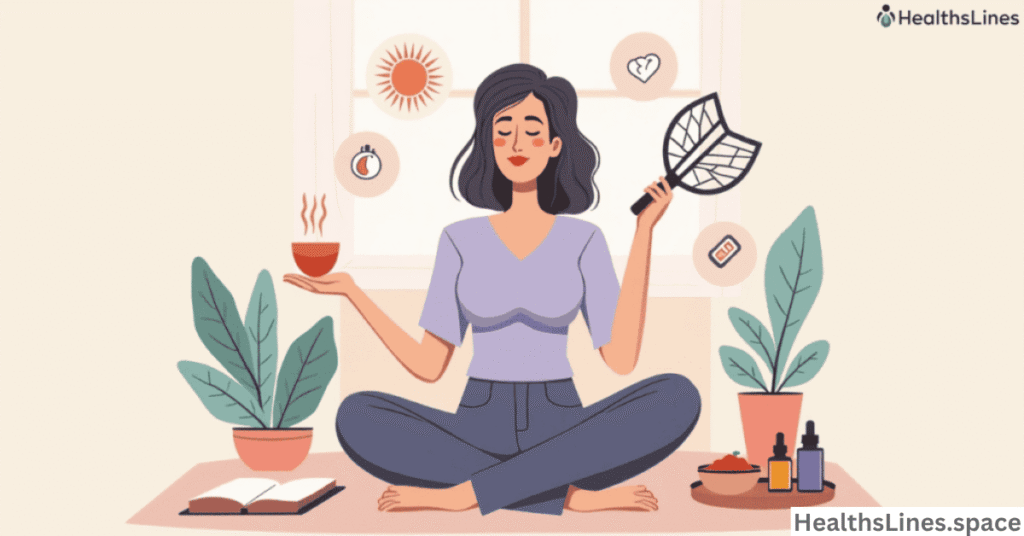
When you’re dealing with menopause and breast cancer, even small changes in your daily routine can make a big difference. Many women find that healthy habits help them feel more in control. One of the best things you can do is stay active. Physical activity after cancer improves energy, lifts your mood, and reduces joint pain. It also helps fight menopause-related weight gain, which is common due to hormone changes. Just 30 minutes of walking, yoga, or light stretching most days can ease fatigue after breast cancer and boost your confidence.
Your diet also plays a big role. A Mediterranean diet for breast cancer survivors—rich in fruits, vegetables, whole grains, and healthy fats—supports your immune system and helps with menopause symptoms like hot flashes. It’s better to avoid processed foods, sugar, and alcohol, which can trigger night sweats or mood swings. Drinking lots of water and cutting down on caffeine can also help reduce breast cancer hot flashes.
Sleep is another key factor. Many women have sleep disturbances during menopause, especially after treatment. Try going to bed at the same time each night and creating a quiet, dark space for sleep. Gentle evening routines, like reading or taking a warm shower, can improve rest.
Don’t forget about stress. Emotional balance is harder during induced menopause after cancer, so practicing self-care really matters. That includes deep breathing, talking with friends, or joining a support group. Making these changes isn’t always easy, but they help your body recover and your mind feel calm. Over time, they improve both your physical and emotional health, giving you real strength through the changes menopause brings.
Specific Symptoms and What to Do
Some breast cancer menopause symptoms affect the body in different ways. Here’s what can help based on the problem you’re facing.
For hot flashes, wear breathable clothes, keep your bedroom cool, and avoid spicy foods or alcohol. These triggers make symptoms worse. Stress also adds to hot flashes, so use deep breathing or meditation to stay calm.
Vaginal dryness after cancer is very common. This can make sex painful and affect your quality of life. Use vaginal moisturizers a few times a week and vaginal lubricants during sex. Many women find relief using vaginal hyaluronic acid, which restores moisture without hormones. These products are safe for women with hormone-sensitive cancers.
For sleep disturbances, create a calming bedtime routine. Take a warm bath, read a book, or listen to soft music. Avoid eating right before bed. If you wake up at night, get up and stretch instead of staying in bed anxious.
Pelvic Health After Cancer
After breast cancer treatment, many women notice changes in their pelvic area. These changes often come from induced menopause, which can cause the tissues in the vagina and bladder to become thin, dry, or weak. This leads to symptoms like vaginal dryness after cancer, pain during sex, or even urine leakage. These issues may feel embarrassing, but they’re very common, and you’re not alone.
One helpful option is pelvic floor therapy. This type of physical therapy strengthens the muscles around the bladder, vagina, and rectum. A trained therapist can guide you through safe exercises to reduce discomfort, improve bladder control, and support your overall pelvic health after cancer. These exercises can also help with pain and improve intimacy.
Another tool is vaginal dilator therapy, which can stretch tight tissues and improve comfort. It’s often used with vaginal moisturizers or vaginal lubricants that make the tissues less dry. Products with vaginal hyaluronic acid work well and are safe for women with estrogen receptor-positive breast cancer. These products don’t contain hormones, making them a good choice when managing menopause without hormone therapy.
Don’t suffer in silence. These changes are medical issues, not personal failures. Talking to your doctor or a pelvic health specialist can lead to real solutions. They can include non-drug treatments and lifestyle changes that make a difference. Protecting your pelvic health after cancer isn’t just about comfort—it’s about living fully, feeling confident, and regaining control of your body.
Alternative and Complementary Therapies
Some women turn to complementary therapies for cancer like acupuncture for menopause, yoga, or herbal supplements. While not all are proven, many report relief. Acupuncture has shown benefits in some studies for reducing breast cancer hot flashes and improving sleep.
Supplements like black cohosh after breast cancer and soy supplements are more debated. If you’re thinking about trying them, always speak with your doctor first. Some herbs may interact with your cancer treatment. Mindfulness, journaling, and breathing exercises can also improve emotional balance and relieve physical tension.
Emotional Support and Mental Health
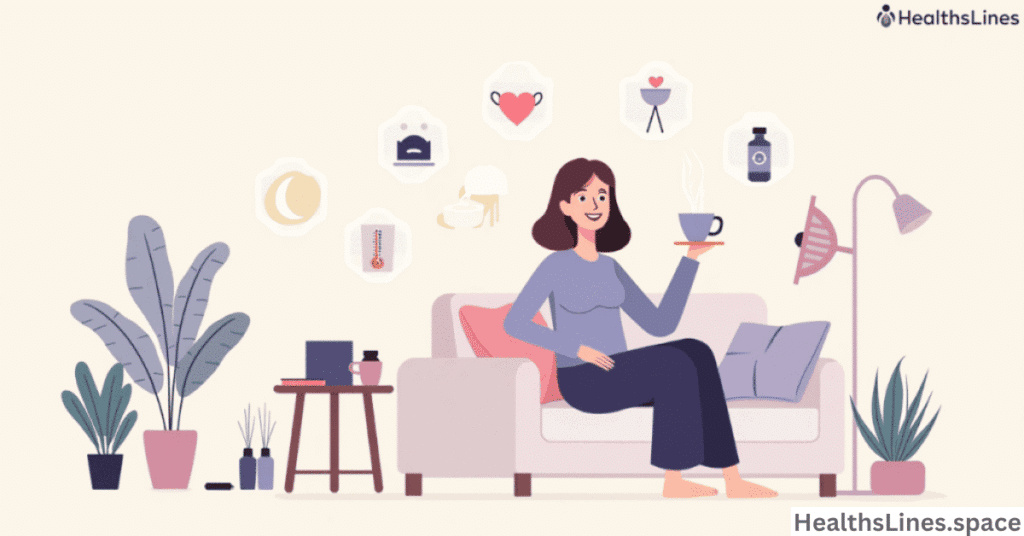
Coping with both menopause and cancer can affect your mind as much as your body. Emotional changes after treatment are common. You might feel anxious, sad, or overwhelmed. That’s normal. But you don’t have to face it alone. Therapy can help, especially CBT for menopause. It helps reframe negative thoughts and build healthy coping tools.
Group therapy or menopause support for cancer survivors can offer a safe space to talk. Many women also explore yoga for menopause to feel calm and grounded. Even just talking to a trusted friend or counselor makes a huge difference. Taking care of your mind is just as important as caring for your body.
Talking With Your Doctor
Open communication with your care team is key. Bring a list of questions to every appointment. Ask about the pros and cons of each treatment, including non hormonal medications. Let your doctor know how your symptoms affect your daily life.
Here are some examples of questions to ask your oncologist or gynecologist:
| Questions to Ask | Why It Matters |
| Can I take non hormonal medication for symptoms? | Find safe symptom relief without hormones |
| What products can help with vaginal dryness? | Improve comfort, intimacy, and quality of life |
| Should I see a pelvic floor therapist? | Improve pain and bladder control |
| Can I try acupuncture or supplements? | Check for safety with your cancer history |
| What support groups are available? | Get emotional and social support from others |
Don’t hesitate to bring someone with you for support. These talks can be emotional, and it helps to have another set of ears.
When to Seek Help Immediately
While many symptoms are common, some may signal a more serious issue. If you have intense pelvic pain, unusual bleeding, or signs of depression, get medical help right away. Feeling lost, hopeless, or unable to care for yourself isn’t something you should push through alone. Fast treatment can save lives.
Also, if joint pain from menopause stops you from doing daily tasks, that’s a red flag. Doctors can adjust medications or suggest physical therapy. Your health should always come first.
Final Thoughts
Living through menopause and breast cancer is never easy, but it is possible to find peace and comfort again. You are not alone. From non hormonal menopause treatments to lifestyle changes, pelvic therapy, and emotional support, there are real solutions. Each small step helps rebuild your strength, confidence, and hope.Ask questions. Seek help. Take time for self-care. You’re doing more than surviving—you’re learning how to thrive.
